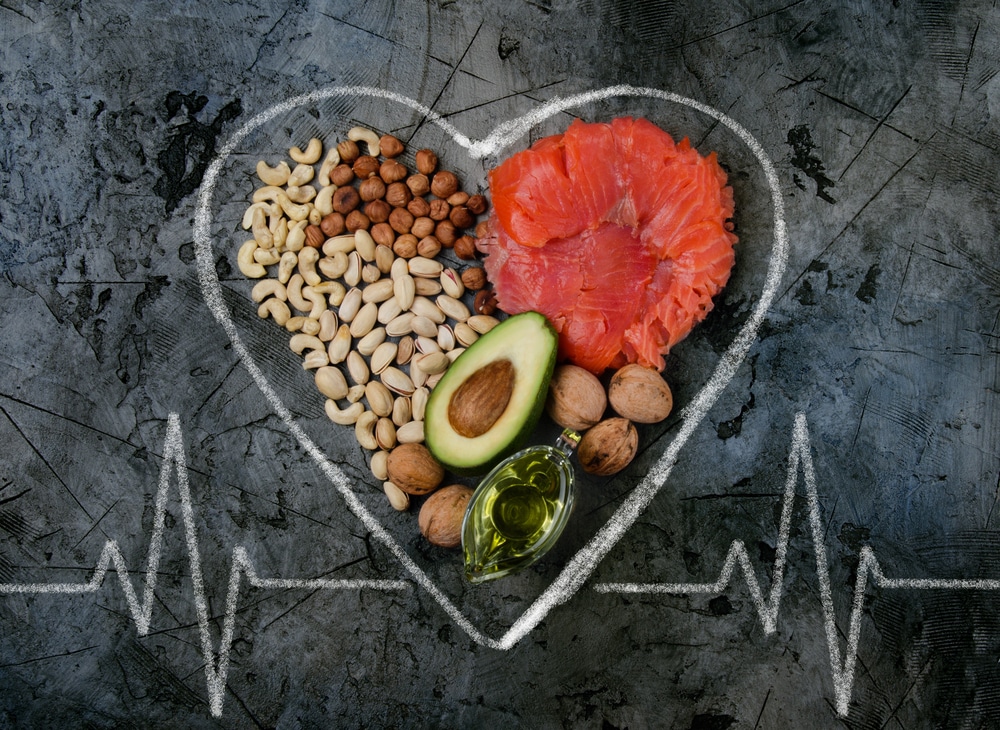The “silent killer” of high blood pressure usually strikes due to an unhealthy lifestyle. Accordingly, lifestyle improvements such as physical activity, stress management, and a healthy diet can reduce the risk. However, supplementation with omega-3 fatty acids also offers support.
One does not see it and does not feel it – and nevertheless an increased blood pressure is a common problem and one of the largest health dangers. High blood pressure is one of the most important precursors of cardiovascular diseases such as heart attacks and strokes, which are still the number one cause of death in the western world.
What is high blood pressure?
Ideally, the upper value, i.e. systolic blood pressure, is below 120 and the lower value, i.e. diastolic blood pressure, is below 80 mm mercury column (Hg). Depending on age and individual circumstances, the target values may differ. In any case, the motto is “measure” – a blood pressure monitor belongs in every household.
What role do lifestyle measures, nutrition and omega-3 fatty acids play?
In the vast majority of cases, certain lifestyle factors are to blame for high blood pressure. Accordingly, a healthier lifestyle with sufficient exercise, a healthy diet and good stress management can help to improve the risk. Reducing excessive salt and alcohol consumption can also lower high blood pressure.
70 studies showed the greatest effect of omega-3 for patients with slightly elevated blood pressure.
A group of American researchers has now investigated the effect of omega-3 fatty acids on blood pressure. As this summarizing analysis of 70 studies has shown, omega-3 fatty acid-rich foods and preparations have an equally strong effect. People with slightly elevated blood pressure who have not yet had to take any medication have benefited most from supplementation with omega-3 fatty acids.
A sufficient supply of omega-3 is therefore particularly suitable for prevention and to accompany medication.
A research team from the University of Pennsylvania has been working with German and Chinese colleagues on the effect of the blood pressure-lowering effect, which has been little researched to date. The scientists were able to prove that the administration of docosahexaenoic acid (DHA) directly relaxes muscle cells and blood vessels and thus lowers blood pressure in general. They also pointed out in particular that this effect could only be observed particularly clearly by using omega-3 fatty acids from fish oils that were as natural as possible.
Less saturated animal fats, more vegetable oils
With a diet rich in vegetables, fruit, whole grain products and fish you can do your blood pressure a lot of good. It is important to reduce saturated animal fats, which are best replaced by vegetable oils, such as linseed or olive oil, which contain more unsaturated fatty acids.
As far as fats are concerned, fish is an exception insofar as high-fat cold water fish such as salmon, mackerel or char contain larger amounts of the valuable omega-3 fatty acids which are favorable for blood pressure. As an alternative to fish, omega-3 fatty acid preparations are also available, whereby the correct purity and quality must always be ensured. Do not forget the reduction of excessive salt and alcohol consumption.



